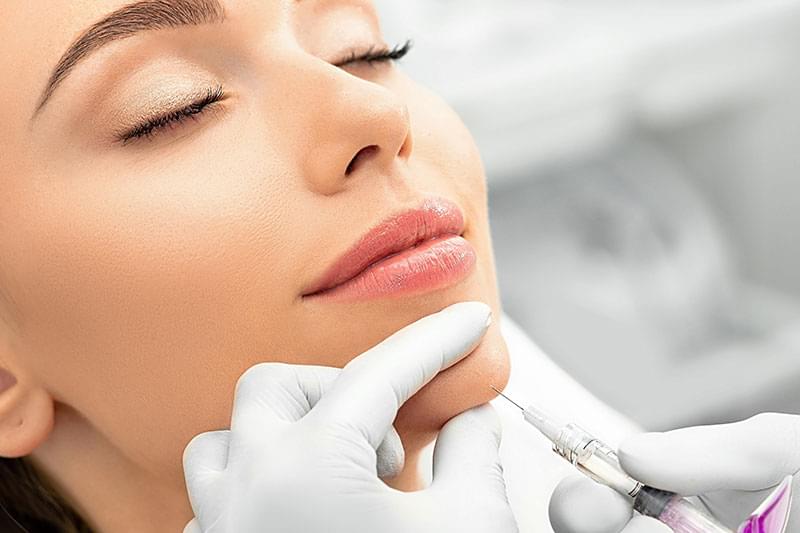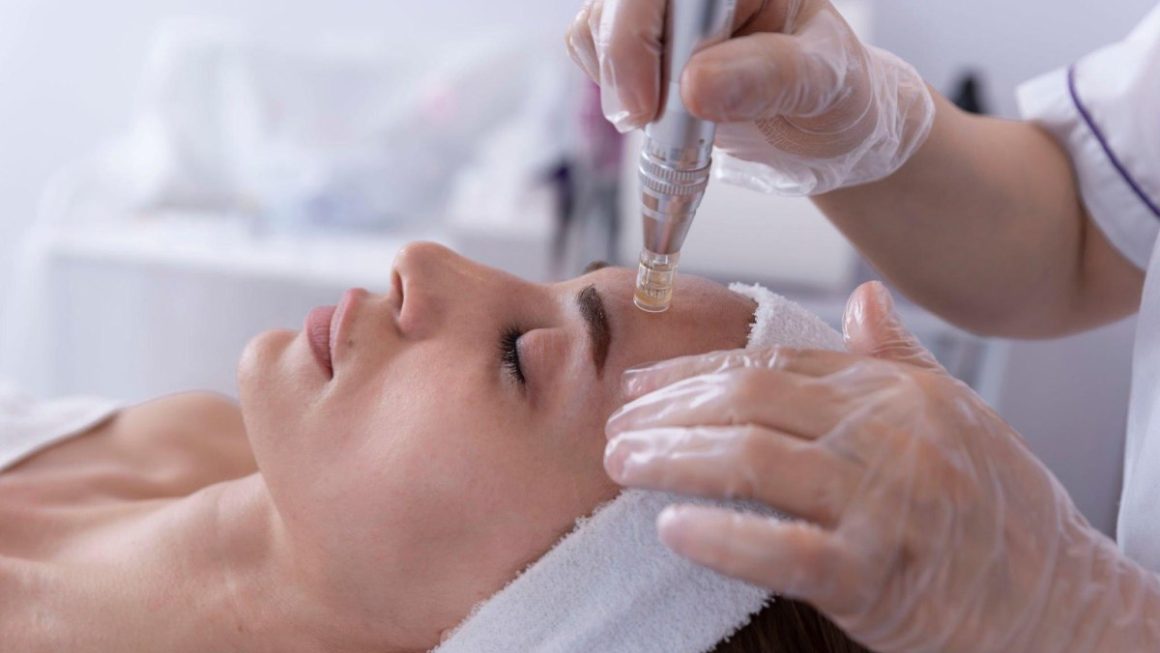Detoxing your body is the first step in recovering from drug and alcohol addiction. Detox is an essential initial step in the recovery process because it sets the tone for the remainder of the path to healing and a life free of substance abuse.
After successfully completing the detoxification process, both your body and mind may begin to mend and gradually but steadily return to health and stability without the use of chemicals.
When it comes to treating alcohol consumption disorder, everyone has distinct needs. This is why choosing the proper addiction recovery, and detox center has become so essential.
The Gallus Detox Center in Denver is one of the best detox centers for addiction treatments. You may click here to continue.
What Is An Addiction Recovery And Detox Center?
Detoxification is a medical intervention procedure that assists a drug abuser in overcoming the symptoms of acute withdrawal. A detox center is a medically supervised institution that treats drug withdrawal symptoms.
The initial detox phase is physically demanding and taxing on an addiction patient’s mind and body. Therefore, following a medical evaluation, you may be directed to a detox clinic as your initial phase of treatment.
Things You Should Know About A Detox Center
Addiction recovery is not a time-bound process. It may take from a few months to a few years. There is no universal approach to treating all addiction patients because the experience is different for everyone.
This is why choosing the right detox center for your loved ones is so challenging. However, before you choose one, let’s take a look at the things you should know:
1. The Process Of Detoxing
Detox is not treated in and of itself, but it is the first step toward recovery for those addicted to alcohol and drugs.
When someone addicted to alcohol abruptly ceases drinking, generally within 6-24 hours of their previous drink, they may experience withdrawal symptoms. This might begin while they are still under the influence of alcohol.
If you require alcohol to feel normal in your body, you probably need a detox treatment. However, getting through detox isn’t only a question of willpower, and quitting your addictive behaviors without medical assistance is never advised.
Withdrawal might endanger your life in some situations. Even when it isn’t as severe, it is still a significant issue.
2. How Long It Takes
The time it takes the body to detox is determined by several factors, including:
- Whether or if alcohol or drugs were used, and if so, which ones?
- The length of time and frequency with which the drug was misused.
- Whether or not a co-occurring mental disorder was present, such as depression, anxiety, BPD, ADHD, or another.
- The age, gender, and medical history of the user.
Regardless of these circumstances, eliminating addictive chemicals from the body might take anywhere from a week to many months. While the body may have destroyed the chemical in a shorter period, it may take months to no longer have its cravings.
Although an inpatient drug and alcohol detoxification treatment may last seven days, the whole recovery process might take several years for total healing in the mind, body, and soul.
3. What Your Body Does During Detox?
Not only does detox eliminate the habit of using drugs and alcohol from your routine, but it also allows your body to adjust to the absence of these substances, just as it did when first exposed to them.
The chemicals in alcohol and drugs have a substantial influence on the brain, reducing the brain’s need to manufacture some neurotransmitters like dopamine on its own.
When the brain can no longer rely on foreign substances, it must relearn creating these compounds for the body. Thus, as your body eliminates these drugs, it automatically creates its replacements and helps you cope with their absence.
4. Withdrawal Symptoms
Withdrawal symptoms differ from person to person and drug to substance. However, the following symptoms are common for everyone such as:
- Muscle aches and pains.
- Trembling throughout the body.
- Anxiety.
- Irritability or agitation.
- Unnecessary sweating.
- Flu-like symptoms.
- Hallucinations.
- Sleep deprivation and tiredness.
- Mood swings.
- Cravings.
A detox program will provide you with the assistance to help you through the withdrawal process. This frequently involves medication to alleviate symptoms and treatment for medical and mental health concerns.
Your withdrawal symptoms may last a week or longer, with the worst occurring within 24-72 hours. However, you will get through this phase given the right kind of support.
5. Types Of Detox Programs
When considering detox programs, it is beneficial to consider Drug Rehab as well.
Inpatient programs allow you to live in a hospital, detox clinic, or rehab center during the treatment process. You’ll have care available 24 hours a day, seven days a week.
Outpatient programs allow you to receive therapy throughout the day while remaining at home. This might be as basic as going to your doctor regularly to acquire your medications.
Residential rehabs are those in which you reside at a center, and they often last 1-3 months. These are useful if you have a more significant problem and find it challenging to stay sober.
6. Can You Detox Alone?
While it is technically possible to detox independently, it is not encouraged. This is because detoxing may make a person extremely ill, mainly if the body has been dependent on the substance for a lengthy period.
Detoxing from alcohol and drugs can also offer a variety of health risks that a treatment expert should closely monitor.
In addition to monitoring health parameters such as blood pressure and heart rate 24 hours a day, medical experts can provide detox medicine, which alleviates some withdrawal symptoms.
Therefore, you cannot detox alone because the support you need to detox must require some expert assistance. However, if you are worried about rehab, strategies (healthy diet, stress management) to lead a healthy life in recovery.
7. Who Can Help During Detox?
There are several inpatient programs, rehabilitation treatment clinics, and medical detox services. This provides clients with the option to obtain medical and psychological care from medical specialists.
Since drug and alcohol detoxification may be hard on the body, doing it alone can be harmful and tiresome.
When clients are at a facility, the withdrawal-relieving medicine, and the physicians’ care may considerably aid them through the detox process and into the next stage of recovery.
Also Read: Critical Regulations For Nutraceutical Manufacturers
The Bottom Line
We have enlisted the essential things one should know before selecting an addiction recovery and detox center for their loved ones.
We hope you have grasped a decent knowledge of detox centers from this article and will have no dilemma making the right decision.
However, if you have any other questions, don’t hesitate to post them in the comment section.




